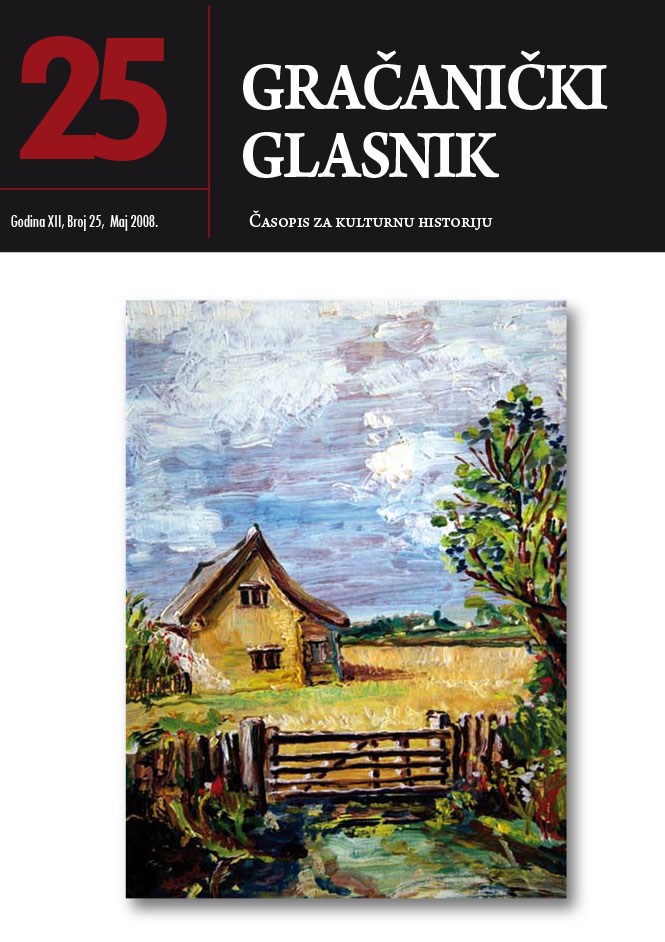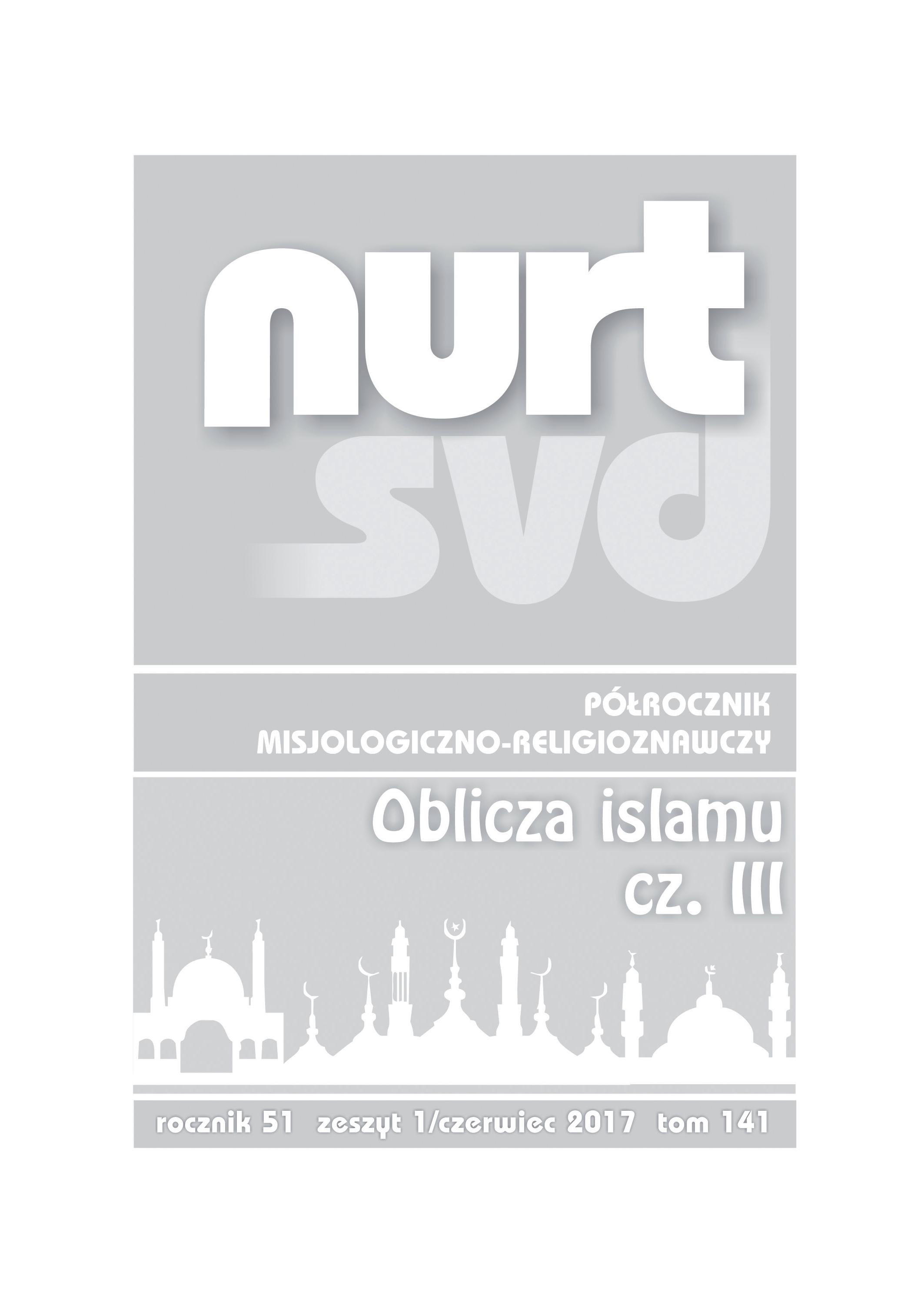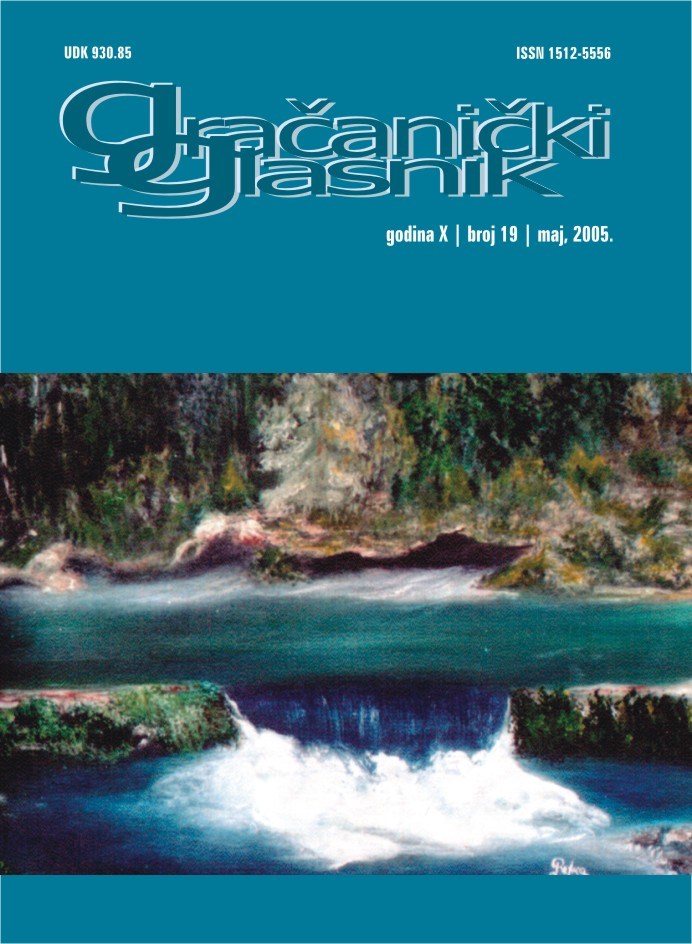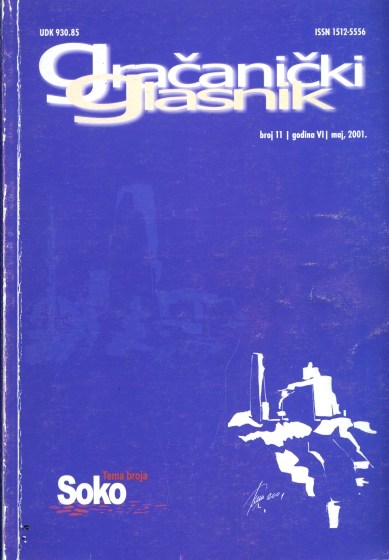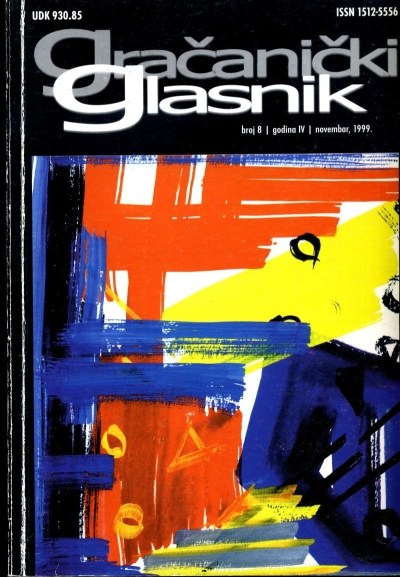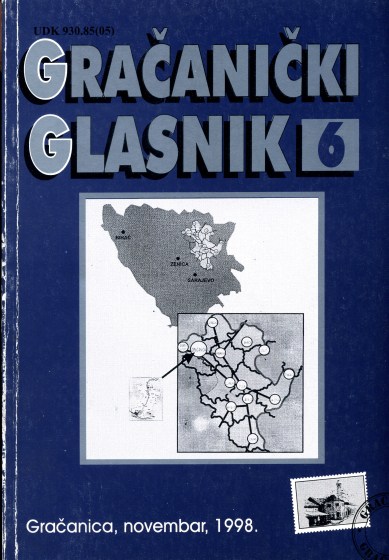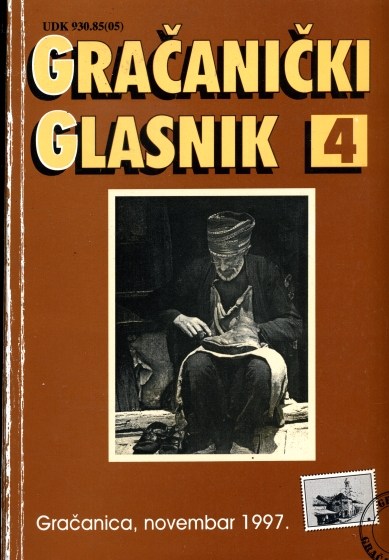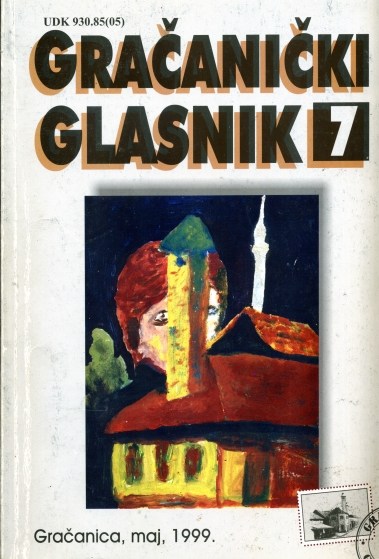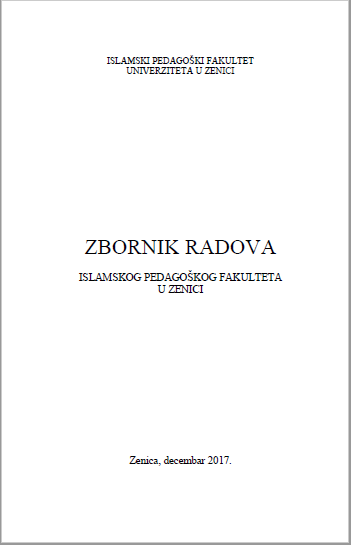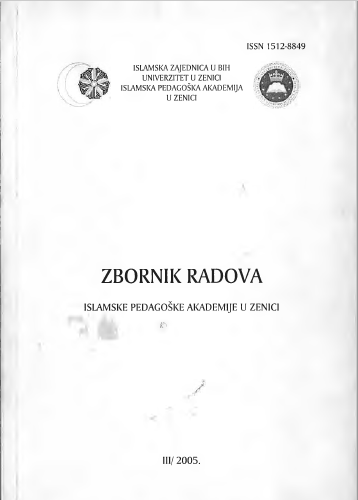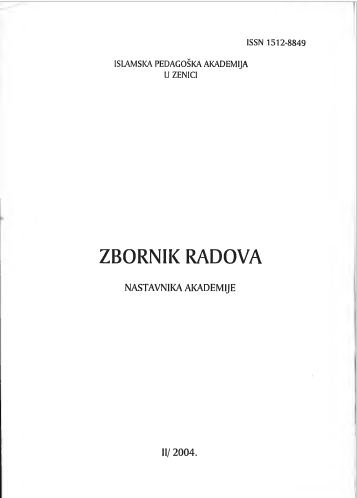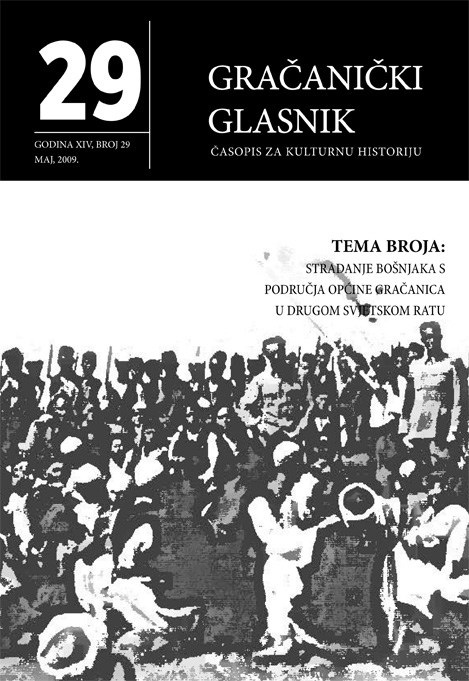
Islam i sekularizam
Dopustite mi da izrazim svoje zadovoljstvo i zahvalnost Univerzitetu u Paderbornu, i dr Klausu, na organiziranju ovog razgovora. Od ovog razgovora ima mnogo koristi, a posebno vrijednim u ovom našem susretu smatram samu priliku da razgovaramo o značenjima riječi, pojmova i termina kao što su ‘’islam u prošlosti i danas’’, “sekularizam” i “sekularno društvo” u prošlosti i danas, “sekularna država”, ‘’odnos islama i sekularizma’’, itd. Kao što ste već čuli, organizator ovog skupa predložio mi je ovu temu, dao joj je naslov ‘’islam i sekularizam’’.
More...
